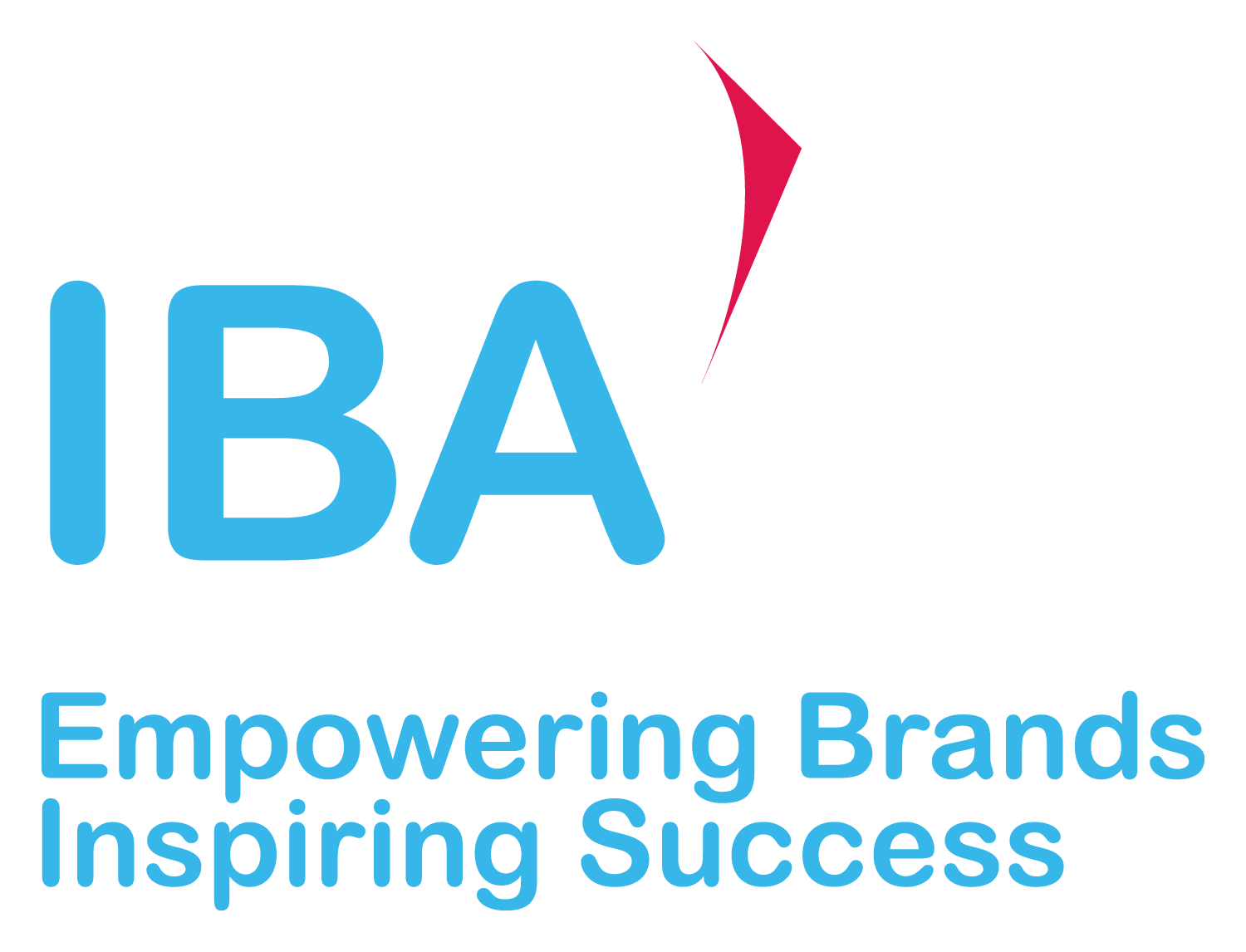Rearranging the deckchairs on the Titanic will not stop the
inevitable rise of GEO search
A new year and a look ahead at what’s in store for the future of search. With generative engines a (very) hot topic in 2024, it’s of no surprise that first up is the latest addition to digital strategies, generative engine optimization (GEO) tactics… But what exactly does this mean for the future of search?
In an AI-dominated search landscape in 2025, it’s unlikely traditional search engine optimization (SEO) tactics will cut the mustard against generative engines. It will require a radical rethink. With major players already dominating the search landscape – think ChatGPT, Perplexity, and Google’s Gemini – PR, marketing, and SEO professionals have been forced to rethink how to rank against AI in the search results.
For some time, these AI tools simply spouted nonsense, but developments have meant that they can now not only provide real-time search, but provide conversational capabilities too! The change is seismic.
GEO represents a ground-breaking shift in search engine optimization, pivoting from traditional methods to strategies aligned with AI-driven search engines. GEO focuses on enhancing website visibility by using techniques such as adding relevant statistics, credible quotes, and authoritative citations.
The GEO vs SEO challenge
So after years of perfecting SEO, marketing and PR teams have been put through their paces to now craft the perfect GEO strategy. Yes, the concepts of SEO still apply – it’s long been about getting your website to the top of search results, but GEO is all about optimizing your website’s content to boost its visibility in AI-driven search engines and ensuring your content is the answer that these engines choose to generate.
Google under siege – what does it mean for the search giant?
Generative engines are rapidly increasing in popularity. With 70% of consumers already trusting generative AI search results, it begs the question as to what this means for search giant, Google. With more and more consumers visiting Google competitors for search results, a decline in Google search results seems imminent. Predictions by eMarketer show that while Google is still the top destination for search ad spend, Google’s share of the U.S. search-advertising market is at risk of falling below 50% in 2025 for the first time since the company began tracking it.
Likened to the Titanic, the WSJ explains “If Google were a ship, it would be the Titanic in the hours before it struck an iceberg—riding high, supposedly unsinkable, and about to encounter a force of nature that could make its name synonymous with catastrophe.”
To delve into what’s in store for the year ahead, and what’s evolved since we last covered GEO, we’ve taken a look at the standouts of Search Engine Land’s key trends in GEO that are redefining the future of search – of course, we’ve added some IBA thoughts into the mix too!
- Relevance: The power of entities to direct ‘searchers’ to the right info
Writing and placing content online is futile if it doesn’t reach the right audiences, but as we’ve said before, a spray and pray tactic won’t work with reaching target personas. It needs to be relevant, and having the right entities in place will help ensure it is.
As Search Engine Land states: “Entities are (once again) changing how we think about search and understanding their evolving role is key to staying visible. With the rise of AI-powered search technology, entities have taken on an even greater role. They’re crucial to how AI interprets and prioritizes information.”
An entity is any distinct, singular, and well-defined thing or concept. This could be a person, place, organization, event, or even an abstract concept like happiness – they have contextual meaning that search engines leverage to deliver results.
By understanding entities, search engines can give more granular results and offer findings and brands that are in that niche. PR and Marketing pros need to consider their own brand entities, niches, and specialist USPs that helps them stand out. After that, these can be embedded into content, and key conversations that will help rank with generative engines.
…while keeping it current
Keeping up to date in current topics in your niche is par for the course for GEO – it’s about being an active thought leader in the chosen industry!
- Keep content current: Regularly refresh blog posts, news articles, and product pages to reflect the latest trends and updates.
- Engage with forums and UGC: Monitor and engage in discussions in your niche and identify shifts in language or topics. These platforms can uncover perspectives that reshape how you approach key themes.
- Create content with impact: Publish research, insights, or thought leadership that address pressing questions and emerging trends that matter to your target audience.
- Incorporating relevant statistics: Adding up-to-date, relevant statistical data to support content assertions. This approach lends authenticity and a data-backed foundation to the information presented.
- LLMs and RAG: Speaking the language of AI
Large language models (LLMs) are developed and trained on extensive datasets, and draw information on masses of websites, forums, and online data. It’s what helps them generate results – and it shows the importance of tying in your relevant entities.
The Search Engine Land article highlights “Content needs to be structured to integrate seamlessly into the databases and knowledge networks on which AI depends. Equally important is building credibility through associations with trusted sources, earning authoritative mentions and fostering real-time engagement.”
…while maintaining personalization
The age of personalization is certainly not dead – however, generative engines have realised this too! Today, predictive search experiences are more realistic than ever. How often have you began searching a product or idea, to find your search feeds, ads, and social medias inundated with new suggestions or similar products or services?
- Credibility is everything! A message from more than one source is more readily believed
GEO emphasizes the quality and relevance of content in the context of AI algorithms. This approach values the authenticity, accuracy, and contextual relevance of information presented on websites – and still meet E-E-A-T standards (Experience, Expertise, Authoritativeness, and Trustworthiness).
There’s many tactics that PR and marketing pros can harness to boost credibility and position your brand as one that will be recognized by generative search engines.
- Create shareable, valuable content: Publish insights or resources that position your brand as a thought leader in the space – and diversify your media mix!
- Collaborate with thought leaders and utilize credible quotes: Integrating quotes from authoritative and reliable sources (including subject matter experts). This not only boosts the content’s credibility but also provides diverse perspectives within the text.
- Targeted, relevant publications: Proactively secure placements in well-regarded industry outlets to solidify your reputation – remember that chasing sky high UVPMs won’t always yield the results you hope!
Times are changing – don’t get left behind!
Google may rearrange the deckchairs on the Titanic, but GEO is on a roll and only just started on its journey to reshape search strategies in 2025, moving away from traditional SEO to adapt to AI-driven search engines like ChatGPT and Google’s Gemini.
PR and marketing pros need to focus on optimizing content to enhance visibility in AI systems, prioritizing relevance, credibility, and in real-time.
Georgia Harris is PR Lead Themes at IBA International.



